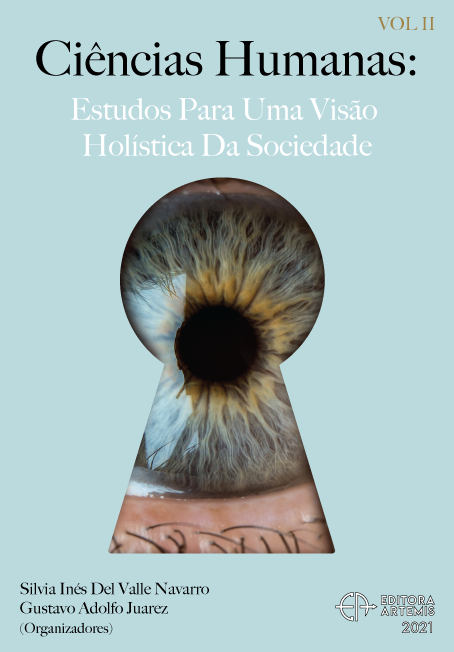
INVESTIGADOR EDUCATIVO Y GERENCIA DEL CONOCIMIENTO. IMPACTO Y RESULTADOS EN EL ISCEEM
The purpose of the work is to present the results obtained in the process of managing knowledge by researchers from the Instituto Superior de Ciencias de la Educación del Estado de México (ISCEEM). The assumption of the research carried out is the following: the actions carried out by the educational researcher must be in accordance with the profession and the spirit of the time of the historical epoch in which he has to live. Currently, some educational researchers are unaware of present-time demands and are limited only to performing the functions contemplated in the agreements for the creation of the educational institution in which they belong, or those indicated in the contract they receive. Such events may be due to the absence of information on knowledge management and the principles that characterize pot-industrial, knowledge and information societies. Others, in addition to performing institutional and professional functions, also perform management of knowledge within the institution where they work, in research networks, scientific communities, nongovernmental organizations, among other social spaces. Knowledge management empowers the educational researcher and the results obtained distinguish him from others who refuse to use it and, consequently, are intellectually, socially and culturally disadvantage. As a result, they do not fulfill the requirements of the current era. Therefore, it should not become a mandatory action. Based on the sources used, the research is qualitative, with theoretical, documentary and empirical references. The interpretive analysis, the quantitative-descriptive approach and being oriented towards the professional practices and biographies of the educational researcher were privileged in the present work. Analogical hermeneutics is the methodological reference and the actual history from philosophical hermeneutics is the epistemic reference. The interview is the technique used to obtain information about the two informants who participated in the preparation of this work. They work in different graduate institutions.
INVESTIGADOR EDUCATIVO Y GERENCIA DEL CONOCIMIENTO. IMPACTO Y RESULTADOS EN EL ISCEEM
-
DOI: 10.37572/EdArt_28062138510
-
Palavras-chave: knowledge management, Knowledge works, entrepreneur attitude, knowledge worker.
-
Keywords: knowledge management, Knowledge works, entrepreneur attitude, knowledge worker.
-
Abstract:
The purpose of the work is to present the results obtained in the process of managing knowledge by researchers from the Instituto Superior de Ciencias de la Educación del Estado de México (ISCEEM). The assumption of the research carried out is the following: the actions carried out by the educational researcher must be in accordance with the profession and the spirit of the time of the historical epoch in which he has to live. Currently, some educational researchers are unaware of present-time demands and are limited only to performing the functions contemplated in the agreements for the creation of the educational institution in which they belong, or those indicated in the contract they receive. Such events may be due to the absence of information on knowledge management and the principles that characterize pot-industrial, knowledge and information societies. Others, in addition to performing institutional and professional functions, also perform management of knowledge within the institution where they work, in research networks, scientific communities, nongovernmental organizations, among other social spaces. Knowledge management empowers the educational researcher and the results obtained distinguish him from others who refuse to use it and, consequently, are intellectually, socially and culturally disadvantage. As a result, they do not fulfill the requirements of the current era. Therefore, it should not become a mandatory action. Based on the sources used, the research is qualitative, with theoretical, documentary and empirical references. The interpretive analysis, the quantitative-descriptive approach and being oriented towards the professional practices and biographies of the educational researcher were privileged in the present work. Analogical hermeneutics is the methodological reference and the actual history from philosophical hermeneutics is the epistemic reference. The interview is the technique used to obtain information about the two informants who participated in the preparation of this work. They work in different graduate institutions.
-
Número de páginas: 15
- MA. DOLORES GARCIA PEREA
- Alma Rosa Lara Contreras
- Laura Patricia Juárez Toledo

